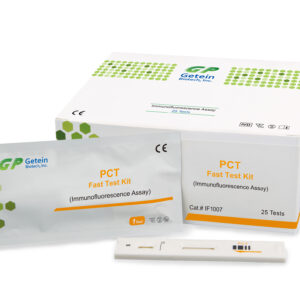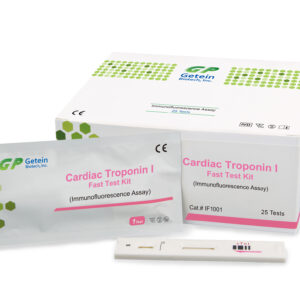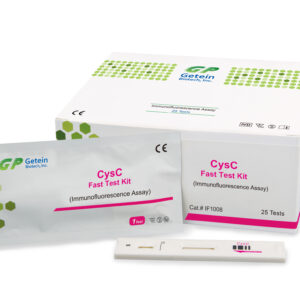Description
The thyroid gland exerts powerful and essential regulatory influences on growth, differentiation, cellar metabolism and general hormonal balance, as well as on the maintenance of metabolic activity and the development of the sketeal and organ system. The hormones thyroxine (T4) and triiodothyronine (T3) circulate in the blood stream, mostly bound to the plasma protein, throxine binding globulin (TBG). The concentration of T3 is much less than that of T4, but its metabolic potency is much greater.
T3 is produced by the thyroid and secreted in response to TSH. T3 determination is an important factor in the diagnosis of thyroid disease. Its measurement has uncovered a variant of hyperthyroidism in thyrotoxic patients with elevated T3 levels and normal T4 levels. An increase in T3 without an increase in T4 is frequently a forerunner of recurrent thyrotoxicosis in previously treated patients. In other patients, euthyroidism attributable to normal T3, although their T4 values are subnormal.
In women, T3 levels are elevated during pregnancy, during estrogen treatment, and contraceptive hormone therapy.
When T3 levels parallel TBG increases in a manner analogous to T4 levels, these changes are not reflection of altered thyroid status.





